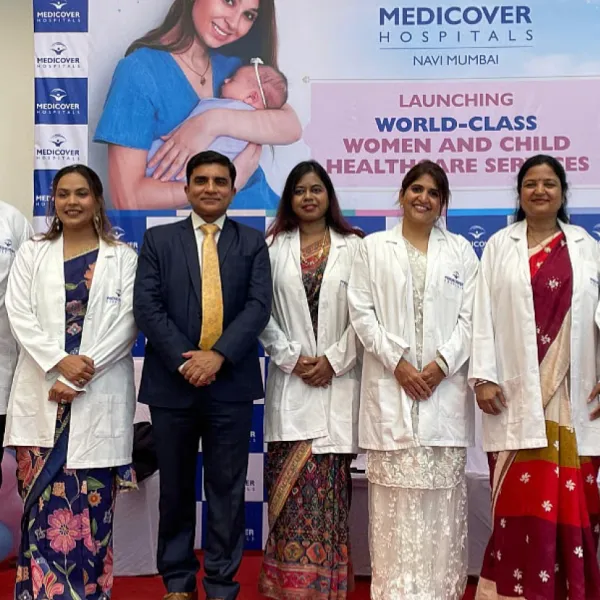AstraZeneca & Qure.ai Achieve Major Milestone in AI-Driven Lung Cancer Screening

The effort contributes to AstraZeneca’s pledge under the World Economic Forum’s EDISON Alliance 1 Billion Lives Challenge.
AstraZeneca, in partnership with healthtech firm Qure.ai, has completed the AI-powered risk assessment of five million chest X-rays (CXRs).
The screening was conducted across more than 20 countries, including regions in Asia, the Middle East, Africa, and Latin America.
This large-scale screening initiative detected high-risk lung nodules in nearly 50,000 individuals, enabling timely referrals for further diagnostic evaluation and potential cancer identification.
The effort contributes to AstraZeneca’s pledge under the World Economic Forum’s EDISON Alliance 1 Billion Lives Challenge, which aims to positively impact one billion lives by expanding digital access to healthcare, education, and financial services.
The collaboration between AstraZeneca and Qure.ai began in 2020 to leverage AI to interpret chest X-rays for early signs of lung cancer, particularly in areas with limited diagnostic infrastructure.
Ti Hwei How, Vice President of International Oncology at AstraZeneca, stated that the program has demonstrated the viability of AI-enabled chest X-rays as a scalable and cost-effective tool for early detection.
He cited successful deployments in India, Colombia, and El Salvador, and noted that the company is working closely with national health authorities to embed AI screening into public health systems.
“Reaching five million scans globally is a significant milestone. It demonstrates the effectiveness and scalability of AI-driven screening to improve lung health outcomes, particularly in settings where access to advanced diagnostics is limited,” Prashant Warier, CEO and Founder of Qure.ai, commented.
Lung cancer remains the leading cause of cancer-related deaths worldwide, with low- and middle-income nations continuing to face rising incidence rates due to delayed diagnoses.
Recently, Qure.ai’s AI-powered chest X-ray interpretation tool, qXR, was found to significantly enhance tuberculosis (TB) detection while reducing costs. The revelation was made by the Health Technology Assessment (HTA) conducted by the Indian Institute of Public Health Gandhinagar (IIPHG). The assessment, requested by the Department of Health Research under the Government of India, highlights the cost-saving and operational benefits of AI-driven TB screening in India's high TB burden regions.
Stay tuned for more such updates on Digital Health News.
Stay tuned for more such updates on Digital Health News































